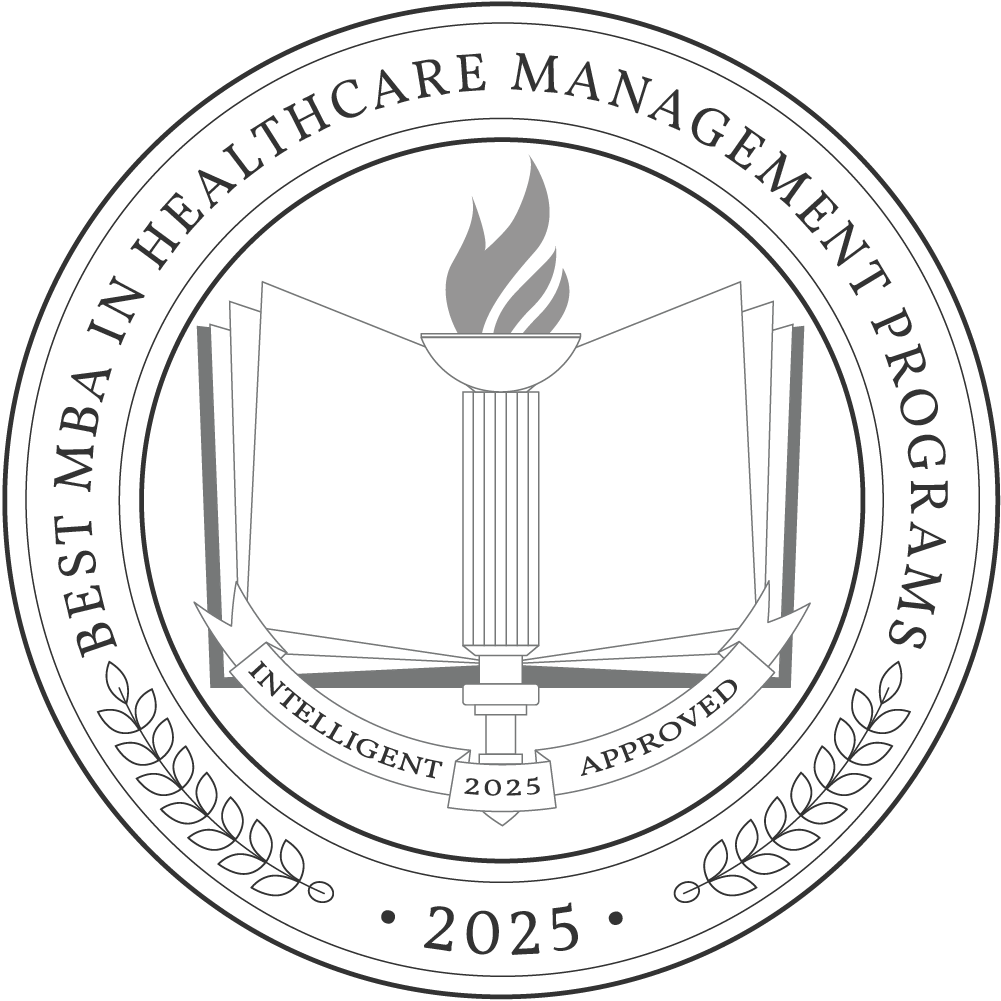As the senior population continues to grow, the demand for skilled leaders in the healthcare sector is rising, with the field expected to increase by 28% over the next ten years. Earning your MBA in healthcare management will prepare you to take on these roles. Pursuing a career in this domain promises job security and the potential for a lucrative income, with the national median salary for healthcare managers at $104,830 and the top 10% earning more than $209,990.
These degrees can be completed in 18 months to two years for full-time students and three to four years for part-time learners. Furthermore, the average tuition for these programs was $19,749 during the 2020-2021 academic year, making it a worthwhile investment for those aiming to make a considerable impact in healthcare leadership.
Why Trust Us
The Intelligent.com Higher Education Team is dedicated to providing students with independent, equitable school and program rankings and well-researched resources. Our expert-driven articles cover topics related to online colleges and programs, paying for school, and career outlooks. We use data from the U.S. Department of Education’s College Scorecard, the National Center for Education Statistics, and other reputable educational and professional organizations. Our academic advisory team reviews content and verifies accuracy throughout the year for the most current information. Partnerships do not influence rankings or editorial decisions.
- Analyzed over 2,000 national, accredited, and nonprofit colleges and universities
- 800+ rankings pages are reviewed and updated yearly
- Content is informed by reputable sources, surveys, and interviews with academic advisors and other experts
- Over 100 data points are reviewed for accuracy and quality throughout the year, including sources
How we rank schools
Our list features the best MBA in Healthcare Management degree programs at top colleges nationwide. Each school featured is a nonprofit, accredited institution — either public or private — with a high standard of academic quality for post-secondary institutions.
We evaluated each school’s program on tuition costs, admission, retention and graduation rates, faculty, reputation, and the student resources provided for online students. We collected data from trusted sources like the National Center for Education Statistics, individual school and program websites, school admissions counselors, and other data sources. Then, we calculated the Intelligent Score on a scale of 0 to 100 based on the following criterion:
Academic Quality:
- Admission rate versus enrollment rate
- Retention rate of students who return after year one
- Accreditation status (regional and programmatic)
- Nonprofit status, both private and public institutions
Graduation Rate
- Overall graduation rate
- Total number of currently enrolled students, including diversity metrics
- Student-to-faculty ratio
Cost and ROI
- In-state and out-of-state per-credit tuition rates and fees
- Required credits to graduate
- Earning potential after graduation
- Availability of federal student loans, scholarships, and other financial aid options
Student Resources
- Available student services for online-only and hybrid programs
- On-campus amenities like tutoring centers and the number of libraries
Read more about our ranking methodology.
Best 24 Accredited MBA in Healthcare Management Programs
FiltersInstitution Type
Status
- Intelligent Score
- Alphabetically By University Name
- Acceptance Rate
- Enrollment
- In-state Graduate Tuition
- Out-of-state Graduate Tuition
- In-state Undergraduate Tuition
- Out-of-state Undergraduate Tuition

UNC Kenan-Flagler
Intelligent Score: 99.87In-state: $7,019
Out-of-state: $34,198
In-state: $10,552
Out-of-state: $10,552
SAT: 1280-1490
ACT: 28-33
The University of North Carolina's Kenan-Flagler School of Business hosts one of the nation's best Master of Business Administration (MBA) programs with a health care concentration. The School of Business provides this program in partnership with UNC's School of Medicine to educate health care leaders and produce innovative solutions that improve care and reduce costs. Students will take courses designed to prepare them for positions as leaders in the health care industry, including classes like Healthcare Consulting Projects, Design and Delivery of Healthcare Systems, and Innovation in Healthcare. On-campus resources and organizations like the MBA Healthcare Academy, Healthcare Club, and Healthcare Conference provide students with ample opportunities to network with peers, instructors, and professionals in the health care industry while honing their leadership skills.
In-State: $2,803
Out-of-State: $3,792
On-Campus
Association to Advance Collegiate Schools of Business
62

UPenn Wharton School
Intelligent Score: 99.18In-state: $53,166
Out-of-state: $53,166
In-state: $37,678
Out-of-state: $37,678
SAT: 1460-1570
ACT: 33-35
The University of Pennsylvania's MBA in Health Care Management program builds upon the core curriculum of the MBA program to give students the expertise needed to succeed in careers in management, consulting, and investing in diverse areas within the health care industry. The program is offered by the Wharton School in partnership with the Perelman School of Medicine, allowing students to benefit from an interdisciplinary faculty. The university's MBA in Health Care Management program stands out by emphasizing academic and professional development. Students in this program will receive help obtaining summer and permanent positions in the health care industry, making it a great choice for students who want to kickstart their careers.
$2,800
On-Campus, Online
Association to Advance Collegiate Schools of Business
63

University of Michigan
Intelligent Score: 97.65In-state: $16,520
Out-of-state: $53,669
In-state: $24,344
Out-of-state: $24,344
SAT: 1340-1520
ACT: 31-34
The MBA with a Healthcare Management concentration offered by the University of Michigan's Stephen M. Ross School of Business is aimed at students looking to combine interests in business and health care. Students are required to take 12 credits of health care coursework in addition to the 57 credits required to complete the core MBA curriculum. Health care courses include Law and Public Health, Cost-Effectiveness Analysis in Health, and Public Health in Developing Countries. The University of Michigan's MBA program gives students the unique opportunity to earn the Michigan Ross Leader Endorsement while earning their degrees. While completing the requirements for this endorsement, students will hone their leadership skills as they are exposed to insightful workshops, reflections and experimentation, courses, and action-based learning activities.
In-State: $2,933
Out-of-State: $3,141
On-Campus
Association to Advance Collegiate Schools of Business
57

University of Virginia
Intelligent Score: 97.35In-state: $15,772
Out-of-state: $49,819
In-state: $17,076
Out-of-state: $17,076
SAT: 1320-1510
ACT: 30-34
The University of Virginia's Darden School of Business utilizes a case method teaching style and general management curriculum to equip students to become leaders and innovators in the health care industry. The school's MBA in Healthcare program offers unique global immersion courses, allowing students to gain a deeper understanding of health care challenges that global communities face. Health care immersion courses have taken place in countries like Kenya and Uganda, and new global immersion opportunities are often announced. The Darden School of Business also offers three dual-degree programs, including MBA/Doctor of Medicine , MBA/Master of Science in Nursing, and MBA/Master of Public Health programs. To grow their networks and advance their careers, students in the master's program can join campus organizations like the Darden Health Care Club and the Institute for Business in Society.
$2,427
On-Campus
Association to Advance Collegiate Schools of Business
60

Rice University Graduate School of Business
Intelligent Score: 94.13In-state: $50,310
Out-of-state: $50,310
In-state: $47,306
Out-of-state: $47,306
SAT: 1460-1570
ACT: 34-36
$2,185
On-Campus, Online, Hybrid
Association to Advance Collegiate Schools of Business
60
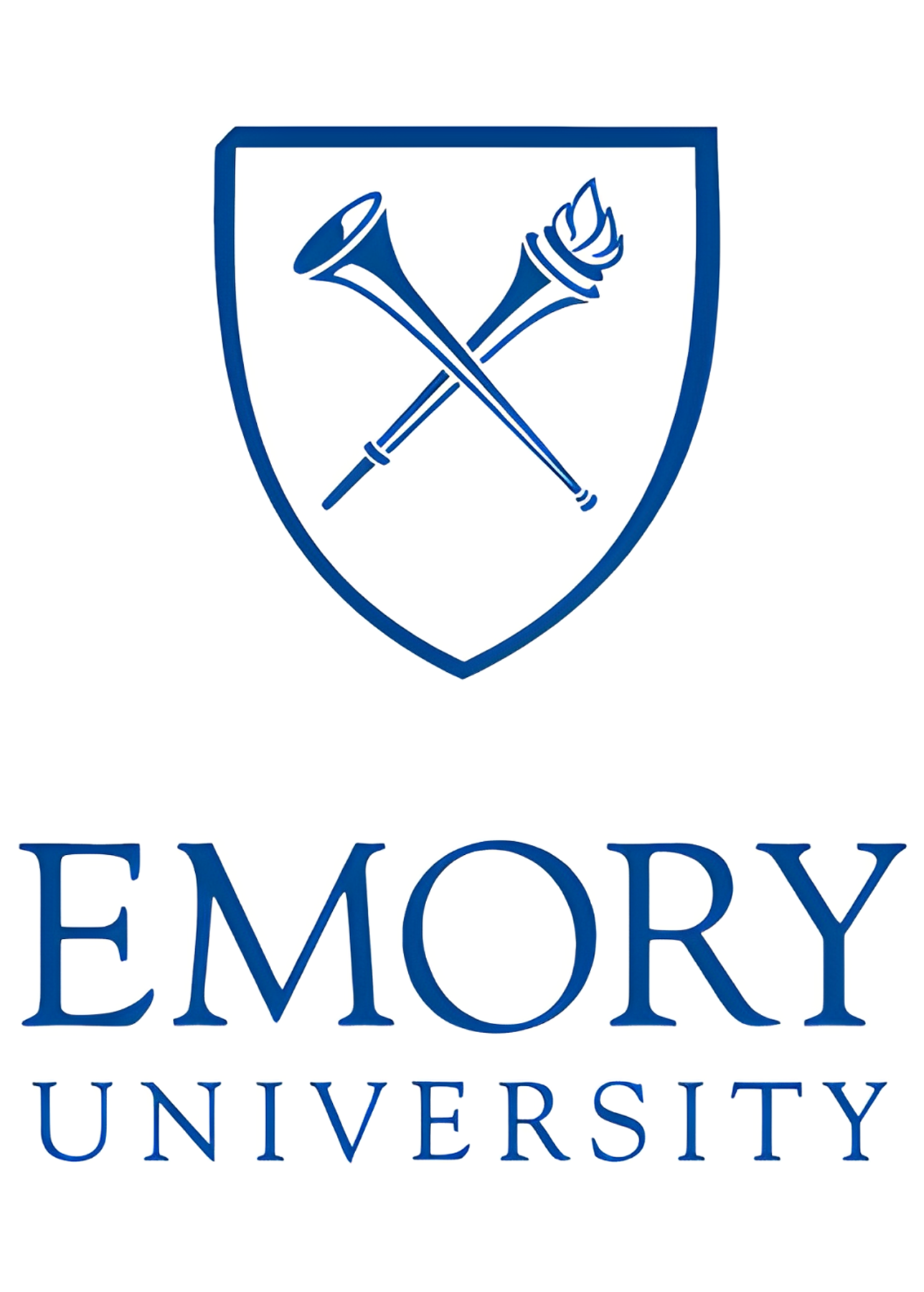
Emory University
Intelligent Score: 93.18In-state: $53,070
Out-of-state: $53,070
In-state: $43,800
Out-of-state: $43,800
SAT: 1380-1530
ACT: 31-34
Through the Goizueta Business School, Emory University offers a nationally recognized MBA program with an optional Healthcare Consulting concentration. Emory University provides students with access to valuable real-world opportunities as the Goizueta Business School partners with Emory and Atlanta resources to host health care-related events and networking events for students in the health care programs. Students can also participate in the Emory Biotechnology Consulting Club, Institute for Healthcare Improvement projects, Advancing Healthcare Innovation in Africa, and the Emory Global Health Institute's annual case competition to gain practical experience and meet others in the field. Throughout the program, students will take health care-specific courses like The Business of Healthcare, Advanced Topics in Healthcare Strategy, and Healthcare Directed Study.
$2,995
On-Campus
Association to Advance Collegiate Schools of Business
69
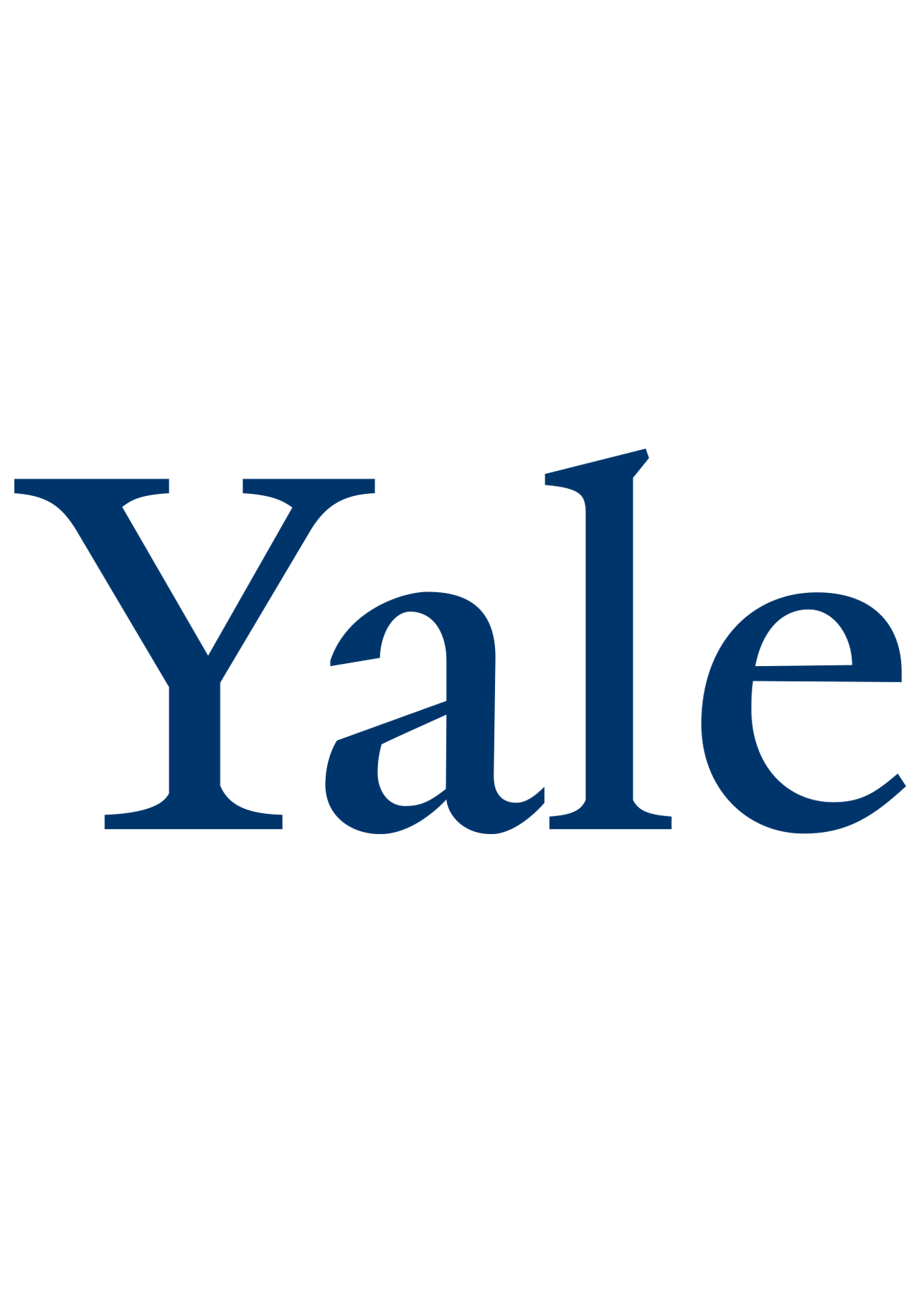
Yale School of Management
Intelligent Score: 92.35In-state: $57,700
Out-of-state: $57,700
In-state: $44,500
Out-of-state: $44,500
SAT: 1460-1580
ACT: 33-35
An Ivy league based in New Haven, Connecticut, Yale University is one of the most prestigious institutions in the country and offers one of the most well-rounded MBA programs with a concentration in Healthcare. The program consists of an integrated core curriculum that covers traditional business functions to explore the distinct points of view of multiple stakeholders in the public and private sectors. Students that choose the Healthcare concentration will complete the core curriculum alongside health care-focused coursework, including talks with leaders of hospitals, CEOs of medical device and drug companies, and policymakers. During their second year, students will get the chance to interact with faculty from various parts of the university, including the School of Management, the School of Medicine, and the School of Public Health.
$2,740
On-Campus
Association to Advance Collegiate Schools of Business
72

Harvard University
Intelligent Score: 91.22In-state: $49,653
Out-of-state: $49,653
In-state: $49,448
Out-of-state: $49,448
SAT: 1460-1580
ACT: 33-35
$1,896
On-Campus
Association to Advance Collegiate Schools of Business
79
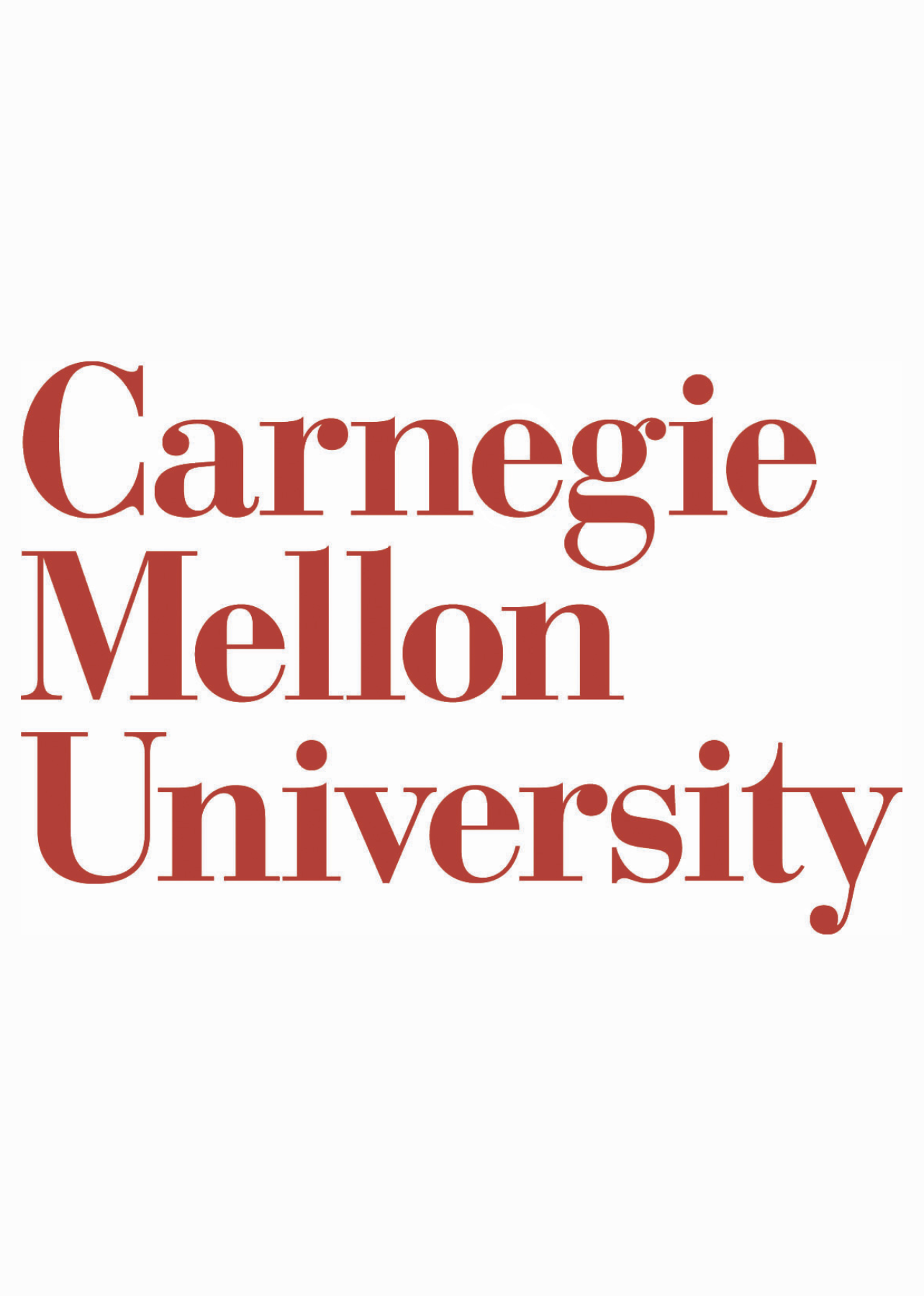
Carnegie Mellon University
Intelligent Score: 89.26In-state: $57,560
Out-of-state: $57,560
In-state: $46,441
Out-of-state: $46,441
SAT: 1460-1560
ACT: 33-35
Carnegie Mellon University is a private research university based in Pittsburgh, Pennsylvania. In partnership with the Heinz College of Information Systems and Public Policy, the Tepper School of Business offers a dual MBA/Master of Science in Health Care Policy and Management program designed to educate students about the economic, political, and financial environment in which health care is delivered. Students will learn how to manage and lead health care organizations over the course of the 2.5-year program. Students will first complete 162 units of courses at the Tepper School of Business before completing 180 units of coursework at the Heinz College, which includes 120 units of Heinz-required courses and 60 units of electives. To be admitted into this dual-degree program, students must meet both the requirements of the MBA program at the Tepper School and the Master of Science in Health Care Policy and Management program at the Heinz School.
$2,656
On-Campus, Online, Hybrid
Association to Advance Collegiate Schools of Business
57

Boston University
Intelligent Score: 88.18In-state: $56,854
Out-of-state: $56,854
In-state: $56,854
Out-of-state: $56,854
SAT: 1310-1500
ACT: 30-34
$1,994
On-Campus
Association to Advance Collegiate Schools of Business
74

Northwestern Kellogg School of Management
Intelligent Score: 88.12In-state: $58,227
Out-of-state: $58,227
In-state: $56,067
Out-of-state: $56,067
SAT: 1430-1550
ACT: 33-35
$2,624
On-Campus
Association to Advance Collegiate Schools of Business
47-62

Berkeley Haas
Intelligent Score: 88.06In-state: $11,442
Out-of-state: $41,196
In-state: $11,442
Out-of-state: $11,442
SAT: 1310-1530
ACT: 30-35
$3,708
On-Campus, Hybrid
Association to Advance Collegiate Schools of Business
51
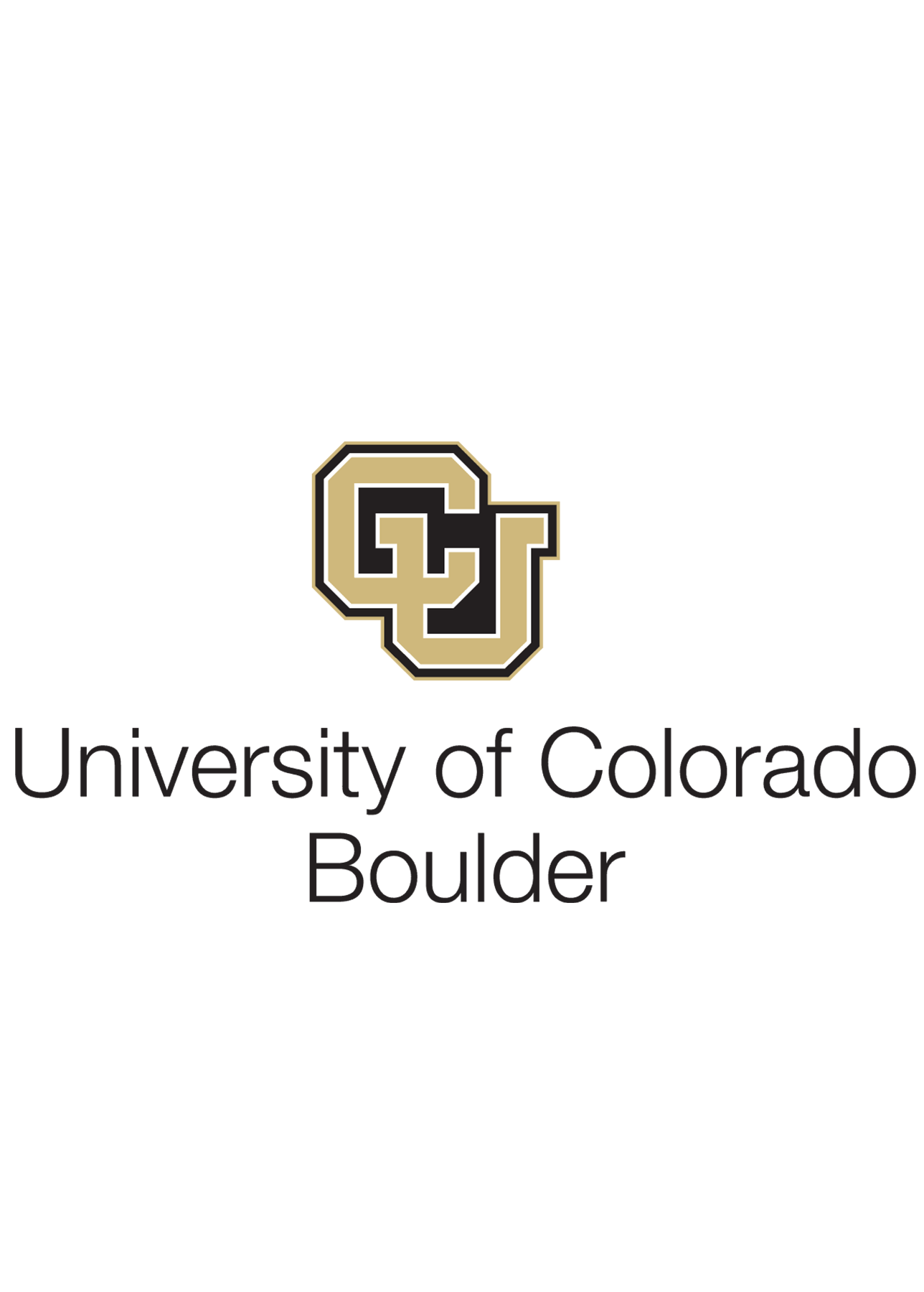
University of Colorado Denver
Intelligent Score: 88.02In-state: $10,728
Out-of-state: $34,930
In-state: $11,826
Out-of-state: $11,826
SAT: 1130-1350
ACT: 25-31
In-State: $720
Out-of-State: $1,549
On-Campus
Association to Advance Collegiate Schools of Business
45

CUNY Baruch College
Intelligent Score: 87.91In-state: $6,930
Out-of-state: $14,880
In-state: $11,090
Out-of-state: $11,090
SAT: 1170-1340
ACT: 25-31
In-State: $679
Out-of-State: $1,110
On-Campus
Association to Advance Collegiate Schools of Business
50
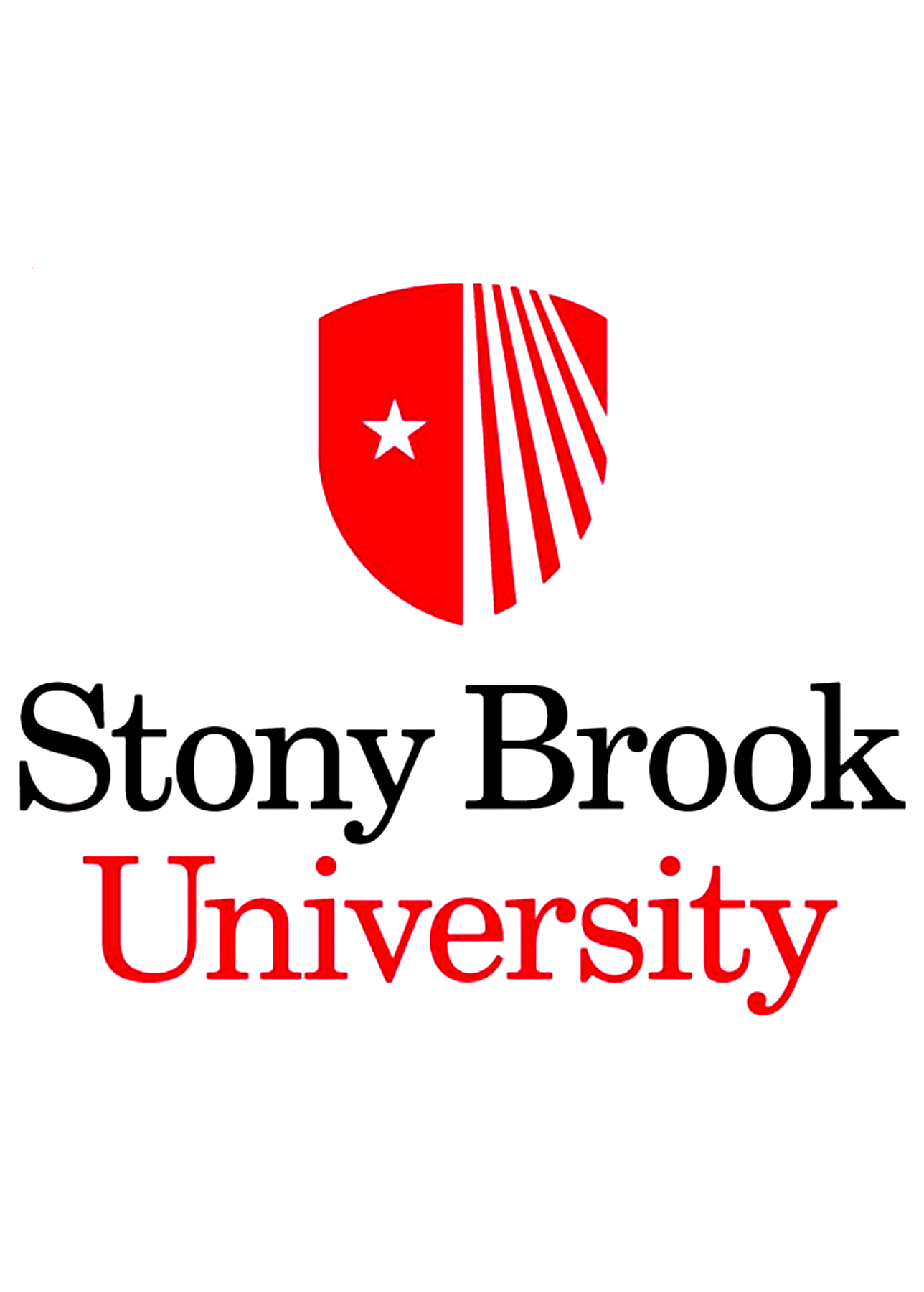
Stony Brook University
Intelligent Score: 87.79In-state: $7,070
Out-of-state: $24,740
In-state: $11,310
Out-of-state: $11,310
SAT: 1230-1440
ACT: 26-32
In-State: $625
Out-of-State: $1,067
On-Campus
Association to Advance Collegiate Schools of Business
36-48

The University of Texas at Austin
Intelligent Score: 87.43In-state: $11,448
Out-of-state: $40,032
In-state: $12,028
Out-of-state: $12,028
SAT: 1210-1470
ACT: 26-33
$1,751
On-Campus
Association to Advance Collegiate Schools of Business
62
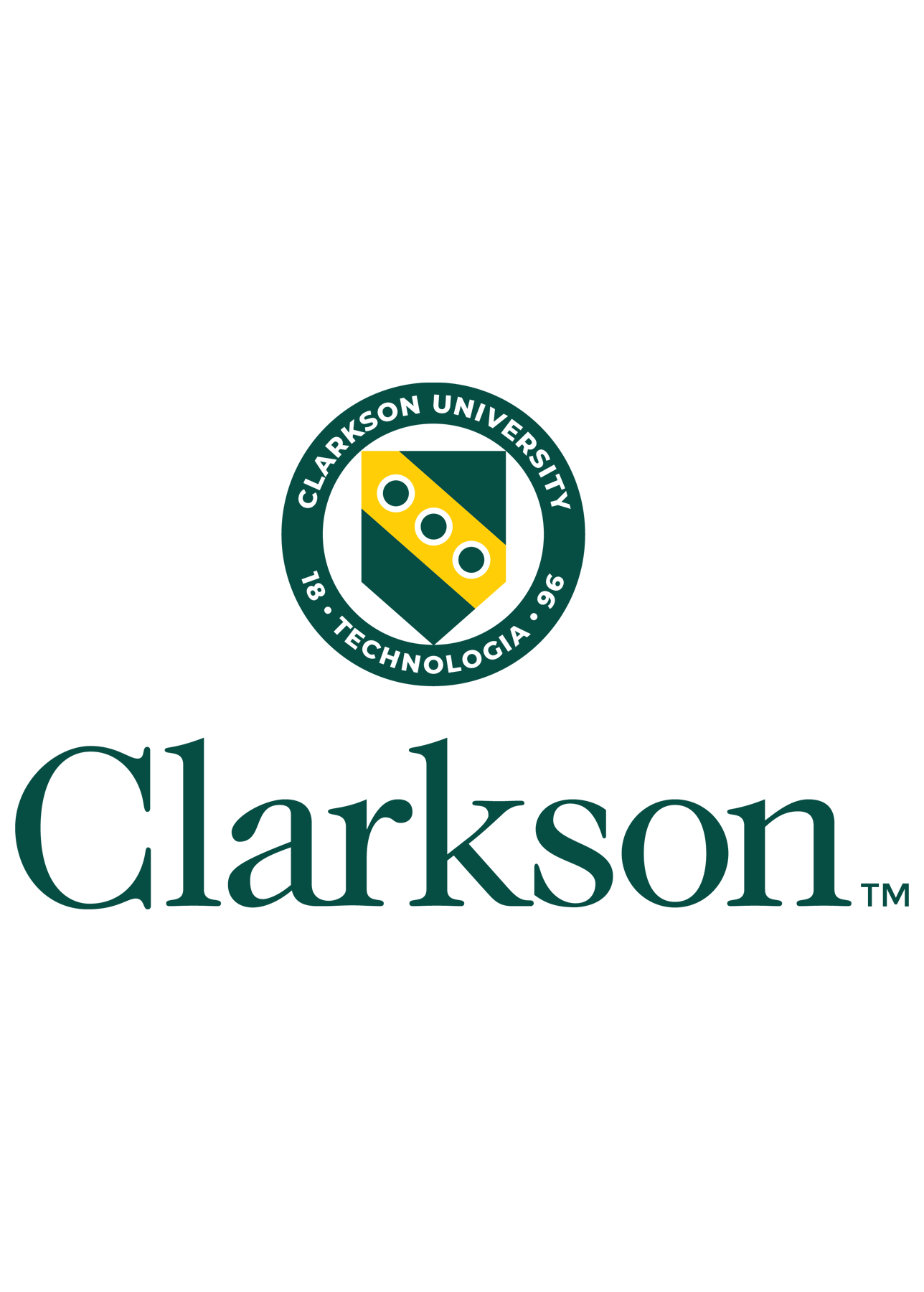
Clarkson University
Intelligent Score: 86.44In-state: $51,454
Out-of-state: $51,454
In-state: $33,312
Out-of-state: $33,312
SAT: 1150-1350
ACT: 24-30
$995
On-Campus, Online
Commission on Accreditation of Healthcare Management Education
48

UT Dallas MBA
Intelligent Score: 85.65In-state: $11,448
Out-of-state: $40,032
In-state: $12,028
Out-of-state: $12,028
SAT: 1210-1470
ACT: 26-33
In-State: $577 - $836
Out-of-State: $1,134 - $1,616
On-Campus
Association to Advance Collegiate Schools of Business
53
How to Choose an MBA in Healthcare Management Program
Choose your area of study
Even within the focused field of healthcare management, it’s possible to hone your degree more closely to your career objectives by selecting an area of study. When making this decision, you’ll want to consider your academic interests, the specific skills you want to gain, and the healthcare setting you envision working in.
For example, those interested in data management and IT solutions will thrive in health informatics, while students keen on shaping healthcare laws and guidelines may excel in policy and regulation. Hospital administration is often ideal for those aiming to lead and manage healthcare facilities.
Research schools and programs
Once you’ve chosen a specialization, researching schools and programs is your next step. Consider the following questions to guide your research:
- What is the program’s reputation in my chosen discipline?
- How does the curriculum align with my career goals?
- Is the program accredited, and if so, by which accrediting body?
- What networking or internship opportunities does the program offer?
- Are there any alumni success stories in my specialization?
To find answers to these questions, you can consult admissions counselors, explore the program’s website, and participate in events like open houses and information sessions.
Prepare for tests and applications
To best prepare for tests and applications, you’ll want to gather letters of recommendation and secure your transcripts. Allocating sufficient time for writing your personal statement is essential for accurately reflecting your goals and qualifications.
Consider enrolling in a test prep program to boost your performance for the GMAT or GRE. Such programs offer structured study plans, practice tests, and strategies to improve scores — ultimately strengthening your application. It’s worth noting there are many MBA programs that don’t require GMAT scores, though.
Select your program
When selecting your program, focus on the criteria that were most important to you during your research. This may include the program’s reputation, career support services, and faculty you’re excited to learn from, among other things. Equally important is evaluating the total cost — including tuition, fees, and living expenses — alongside available financial aid opportunities. This approach will help ensure that your decision aligns with your academic and professional goals and considers your financial sustainability.
Determine how you’ll pay for your degree
You’ll need to strategically utilize financial aid resources to finance your degree without accruing considerable debt.
Prioritize scholarships and grants first, as these do not require repayment and can significantly reduce educational costs. Next, consider assistantships, which offer tuition waivers or stipends in exchange for research or teaching duties. Federal loans should be a subsequent option to bridge any remaining gaps, offering favorable terms compared to private loans. You can ask your employer about tuition reimbursement programs, which some organizations offer to employees pursuing further education.
What Can You Expect From an MBA in Healthcare Management Program?
An MBA in healthcare management prepares students with a solid foundation in business principles tailored to the healthcare industry. Throughout this specialized program, which usually spans two years, learners delve into healthcare economics, policy, information management systems, and ethical leadership within healthcare settings. Curriculums are designed to provide theoretical knowledge and practical application and often require students to complete capstone courses or internships to apply what they’ve learned in real-world scenarios.
Upon graduation, students are well-prepared to assume leadership roles in healthcare settings. Common career paths include hospital administration, healthcare consulting, and policy analysis. These programs are ideal for those looking to combine business skills with a passion for making a meaningful impact in the healthcare sector.
Potential courses you’ll take in an MBA in healthcare management program
- Strategic Management in Healthcare Organizations: Frequently a core requirement, this course teaches students to analyze, formulate, and implement strategies to improve organizational performance. Learners will engage with case studies to understand competitive dynamics and strategic decision-making in healthcare.
- Healthcare Policy and Economics: This course explores the economic principles and policy-making processes relevant to the healthcare industry. Students will learn about the factors influencing healthcare costs, the allocation of resources, and the impact of policy decisions on the delivery of healthcare services.
- Healthcare Marketing: Students will learn about the unique aspects of marketing in the healthcare sector — including patient engagement strategies, service promotion, and brand management. This course covers how to effectively communicate with stakeholders and meet the needs of different patient populations through marketing initiatives.
- Healthcare Information Systems Management: In this course, students are introduced to the role of information technology in healthcare, covering topics such as electronic health records (EHRs), health information exchange (HIE), and data privacy and security. Learners will understand how to implement and manage technology solutions that improve patient care and operational efficiency.
MBA in Healthcare Management Degree Frequently Asked Questions
How do I apply to an MBA in healthcare management degree program?
The application process for these programs is often competitive, so you’ll want to start by consulting an admissions counselor to understand specific program requirements and application timelines. Common admission requirements include:
- A bachelor’s degree from an accredited institution
- Relevant work experience in healthcare or a related field
- A minimum GPA, often around 3.0
- Letters of recommendation
- A personal statement detailing your interest and goals in healthcare management
- GMAT or GRE scores, although some programs may offer waivers
Speaking with an admissions counselor is crucial for specific advice and insights into how your background aligns with the program’s objectives, ensuring your application is as strong as possible.
How much does an MBA in healthcare management degree cost?
The cost of an MBA in healthcare management varies by institution, but for the 2020-2021 academic year, the average tuition at graduate schools was $19,749.
However, it’s important to remember that this figure doesn’t encompass the total expense of earning the degree. You’ll also want to budget for additional costs such as commuting or housing, fees for libraries or campus facilities, and textbooks and course materials.
For a more specific idea of the cost of your education, be sure to contact a financial aid counselor at your institution. They can provide detailed information about the total cost of attendance and any financial aid opportunities available.
How long does it take to earn an MBA in healthcare management degree?
Earning this degree typically takes 18 months to two years for full-time students and three to four years for part-time students.
Full-time enrollment allows for quicker completion and immersion in the coursework but may limit your ability to work simultaneously. Part-time enrollment offers flexibility to maintain employment by extending the time to degree completion. The required number of credits, which varies by program, also influences the duration; more credits usually means a longer timeline to graduation.
